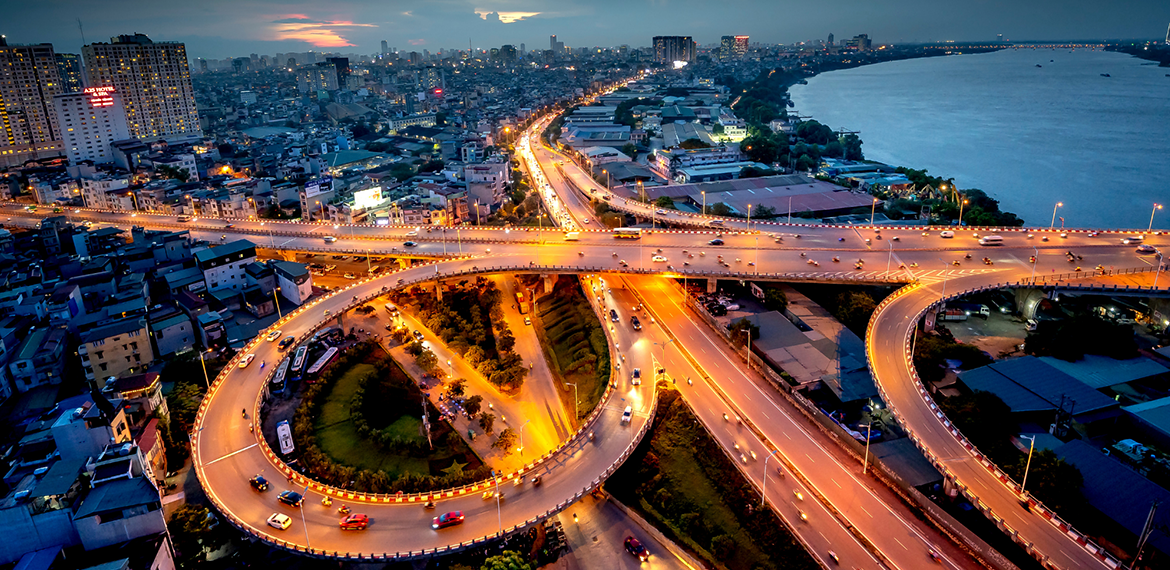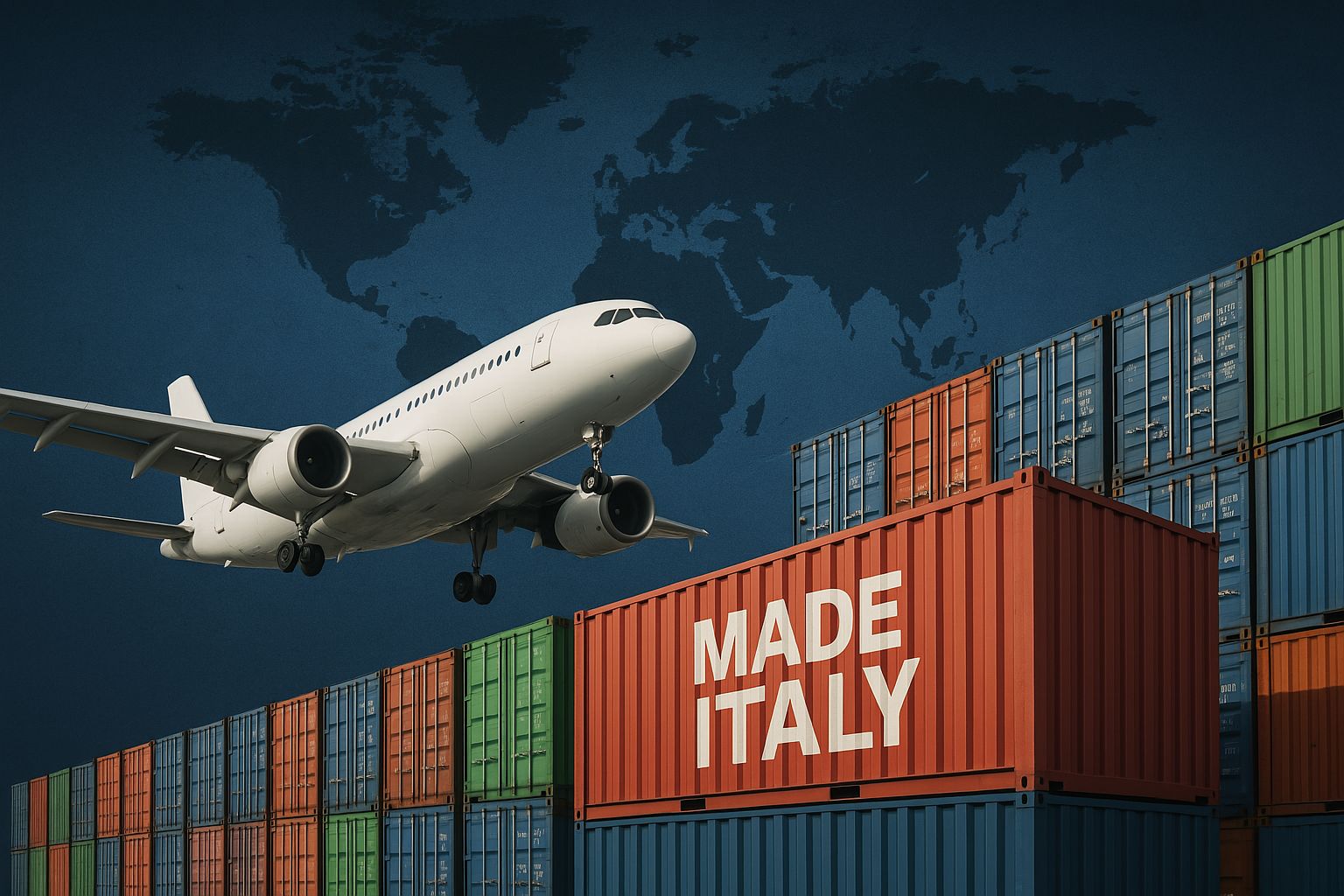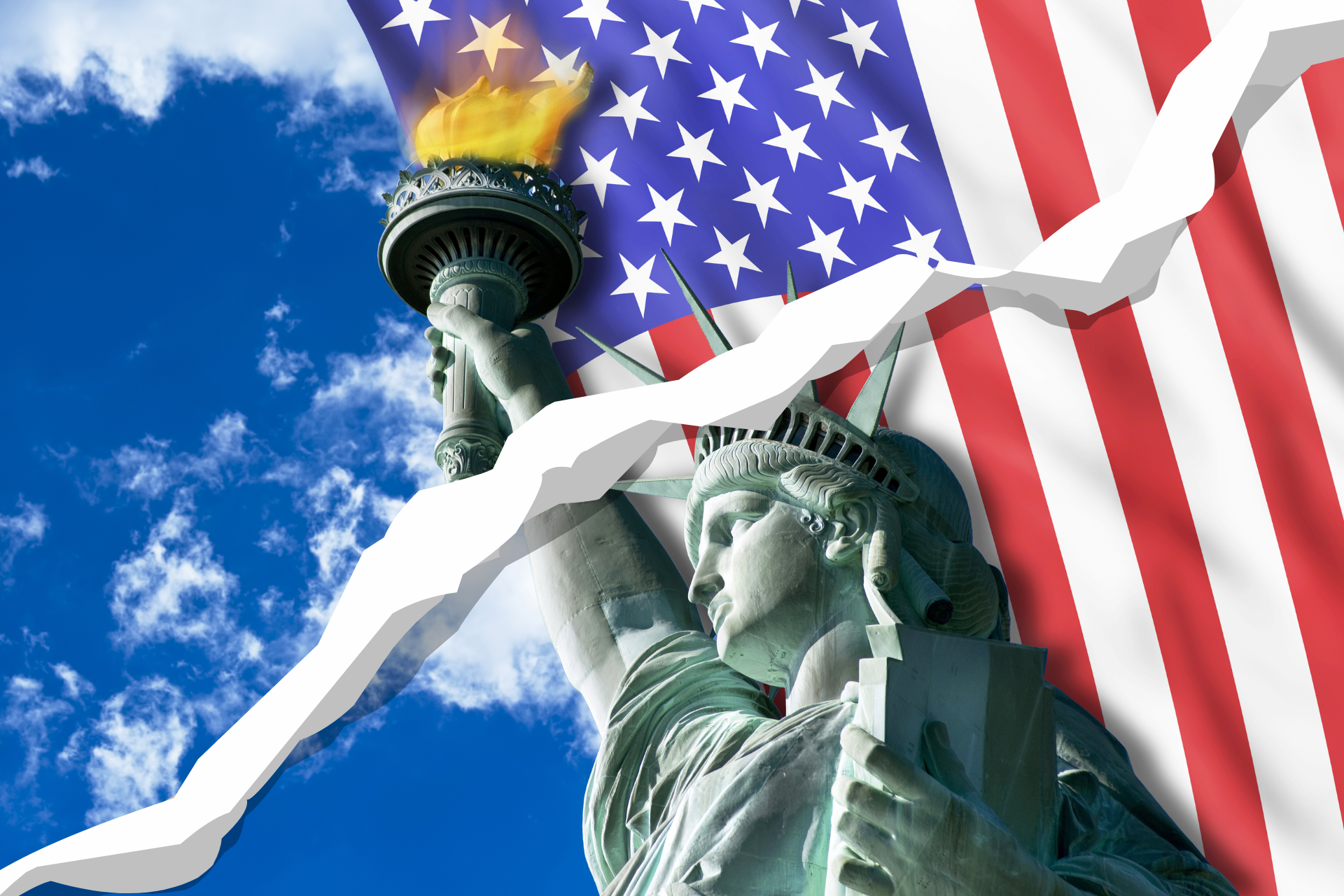Chinese leader Xi Jinping visited Hong Kong on Friday 1st July to celebrate the 25th anniversary of the city’s return to China. Indeed, in 1997 the city, until then under British control, was handed back to Chinese supervision, not without massive protests and social riots that continue even today.
In addition, the US preferential relationship with Hong Kong stopped, because it was considered to be part of the Chinese motherland, and militarily, defence is only carried out by Chinese citizens and not from the citizens themselves.
All this has led to an increase in anti-patriotic feelings among young people: according to recent estimates, more than 60% of young people born after 1997 have expressed the desire to move to another country, because they are increasingly oppressed by a place they do not recognise as their own, with no possibility of a future. The phenomenon affects other strata of the population and also immigration -which has always been strong towards Hong Kong- is slowing down. Hopefully, the scenario will soon clear up, leaving the space that the city-state has earned over all these decades as a symbol of business freedom and protection of rights.
The complexity of the geopolitical scenario manifests itself in different corners of the world and even here, where most of the freedom the region has enjoyed has been severely curtailed already since 2019 with a national security law that has made dissent to the previously known extent.
✅ Edited by Valentina from the Italian office of Pangea Studio Associato
Contact us for further details!
📧 info@studio-pangea.com
📞 06-87155256



